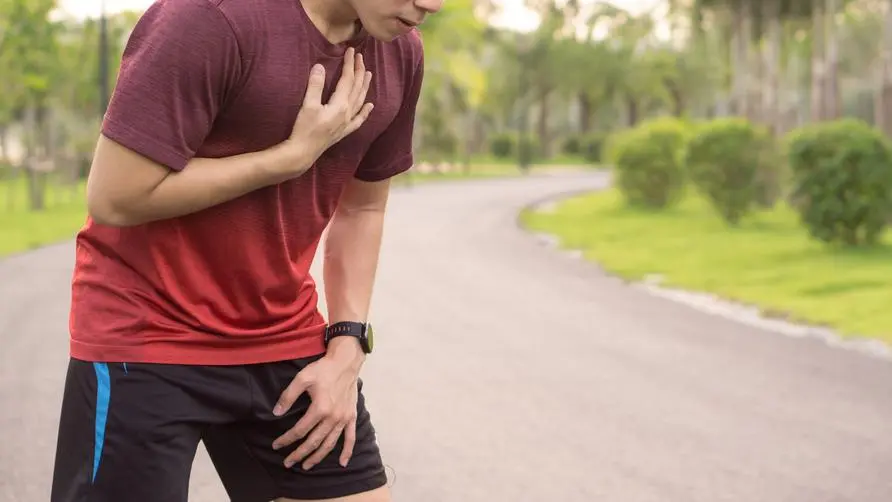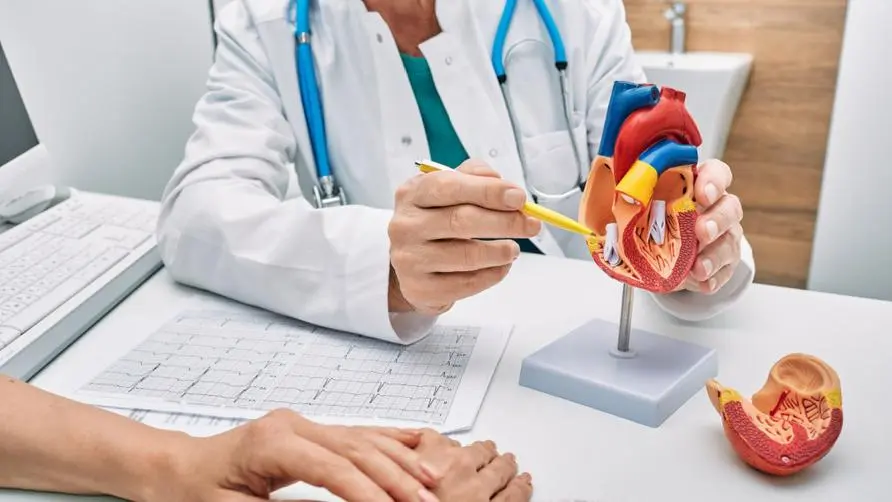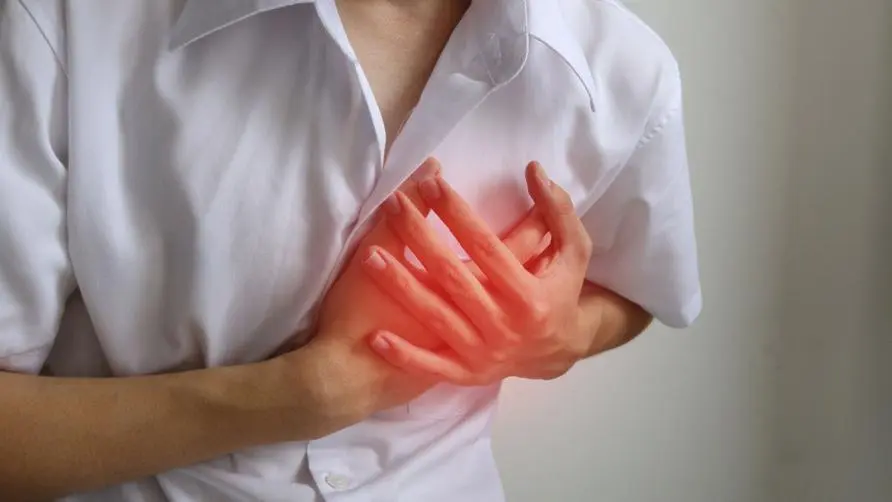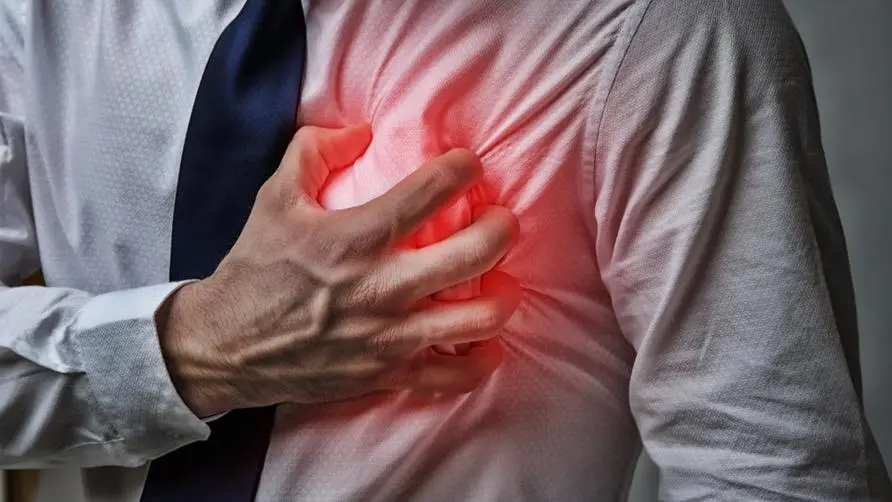Is running a marathon likely to cause sudden cardiac death? Is CPR not enough when you faint due to arrhythmia?

Not only myocardial infarction, but also what diseases are related to sudden cardiac death?
Taiwanese celebrities have repeatedly reported “sudden cardiac death”. Dr. Chen Jieyu, Department of General Cardiology, Cardiovascular Center, Cathay General Hospital, said that any sudden death caused by cardiovascular problems can be classified as sudden cardiac death. The most common condition is myocardial infarction. and severe arrhythmias caused by aortic dissection, aortic valve stenosis, myocardial infarction, or ischemic heart disease.
“Most of the sudden cardiac death is caused by acquired diseases, and a small number of them are caused by congenital genetic abnormalities, which affect the normal beating of the heart!” Dr. Chen Jieyu explained that other diseases that may cause sudden cardiac death include pulmonary embolism and heart rupture. , pericardial tamponade, pericardial effusion excessive compression of the heart, etc.
Irregular heartbeat can be fatal. Young people fall down the most during marathons?
Dr. Chen Jieyu said that serious arrhythmias are potentially fatal, especially “ventricular pulsation” and “ventricular fibrillation”, and the causes are different between congenital and acquired. Acquired causes are mostly related to cardiac ischemia and necrosis and scarring, or severe valvular atresia caused by heart failure.
As for fatal arrhythmias caused by congenital causes, they often occur in young people running marathons or suddenly fainting and dying during strength training. They are often caused by “hypertrophic cardiomyopathy” of the heart or “Brugueda syndrome (BrS)” with congenital cardiac genetic abnormalities , a disease that causes abnormal ion channels in the heart, producing abnormal electrical signals and causing arrhythmia.
In addition, congenital cardiac structural abnormalities, such as right ventricular hypoplasia, or the rare “Long QT syndrome (LQTS)” and “Short QT syndrome (SQTS)”, unexplained ventricular failure Circuit abnormalities may lead to congenital fatal arrhythmias for many reasons.
What kind of heart tests should be taken when the second-degree relative has a medical history?
“Sudden cardiac death is often just a result, and the reasons behind it are quite complex.” Dr. Chen Jieyu said that young people can receive basic cardiac screening tests such as electrocardiogram, X-ray, and cardiac ultrasound. If you have a family history of cardiovascular disease and a second-degree relative has had a myocardial infarction or stroke, you can further undergo a computed tomography scan or a nuclear medicine myocardial infarction perfusion scan to evaluate your heart health.
In addition, “exercise cardiogram” can also be used to observe whether there is ischemia or hypoxia in the heart during running. There are also “stress-type” cardiac ultrasound examinations. The principle is that when the heart is ischemic and hypoxic, the contraction force and movement pattern of running will change abnormally. The heart movement pattern before and after running can be observed through stress-type ultrasound. Check for signs of abnormalities.
How to give first aid if you suddenly faint? Correct practice of CPR and AED shock
What should you do when you faint due to a sudden illness? Dr. Chen Jieyu explained that as long as there is no consciousness, breathing and heartbeat, you should immediately perform CPR and chest compression first aid, call 119 to notify the ambulance unit, and ask others to help prepare an AED electric shock device. If the electric shock device detects a dangerous arrhythmia, an electric shock must be administered immediately to correct it to have a chance to save a life.
“When fatal arrhythmia occurs, CPR may not necessarily save lives. Electric current must be used immediately to correct the heart beating. The first 3 minutes are the golden rescue period. Every minute that passes, the chance of survival decreases by 7%-10%!” Chen Jieyu! Doctors emphasize that brain and heart injuries will become more serious as every second passes. If first aid is carried out in the first minute, the chance of success is about 80%, especially for myocardial infarction or sudden arrhythmia during long-distance running. Prompt and correct first aid actions can increase the chance of saving precious lives.
Further reading:





